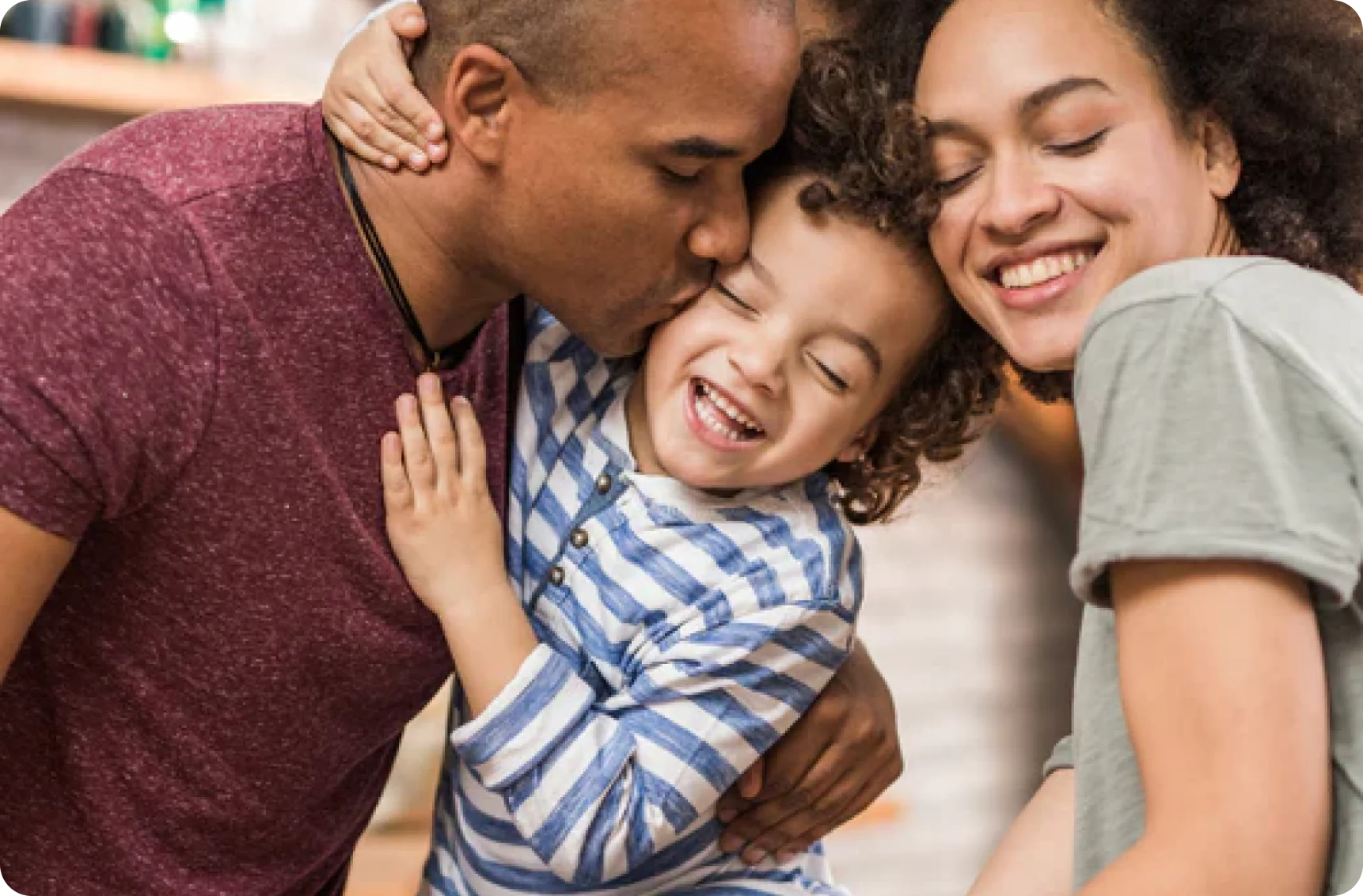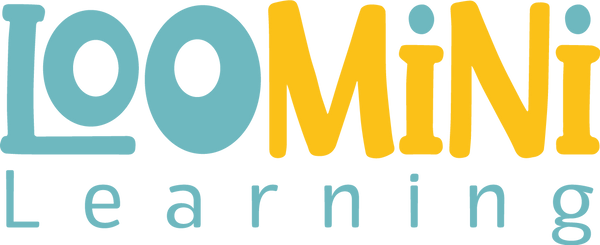Social-Emotional Learning (SEL) is the process of developing and managing a person’s social and emotional skills. It is also referred to as socio-emotional learning or social-emotional literacy.
Some of the most important social and emotional skills include setting up goals and decision making, coping with emotion and getting along well with others.
People are not born with the knowledge to manage emotions, get along with others and solve problems. These skills need to be developed over time.
Why is SEL important?
Kids with strong social-emotional skills help them manage daily challenges, build positive relationships and make more informed decisions.
Nowadays, some schools are explicitly teaching them to kids. SEL can help kids to confidently talk about their challenges and emotions. It helps with interpersonal skills like working comfortably in teams and resolving new conflicts. With the help of SEL, kids are able to cope well with their own feelings.
How can SEL help kids?
According to research, social and emotional skills are the foundation for thriving in life. It shows that SEL can lead to fewer emotional distress, less disciplinary actions, increase in active school participation and attendance and improvement in achieving overall accomplishments.
The ultimate goal of social-emotional learning is to teach kids respect and understand themselves and others which could lead to positive outcomes both in school, life outside school and beyond.
SEL is not just a subject but part of a nationwide effort to promote positive behaviors we can help kids practice throughout the day.



